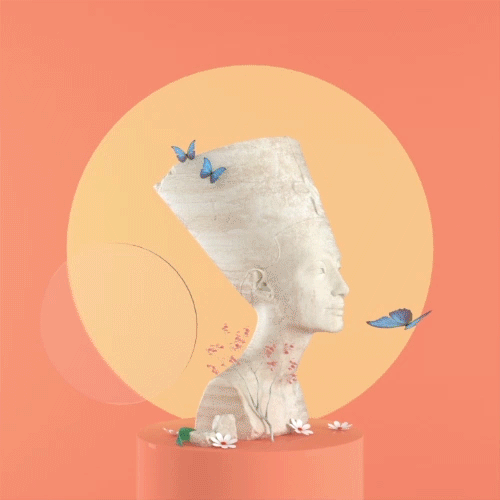27 October 2021
The sound of an accelerating heartbeat can instantly send chills down your spine. You know that sound means trouble. We are so accustomed to the way our hearts seem to continuously mirror how we feel that we can easily imagine different hearts racing, aching or skipping a beat.
But do the hearts of other animals actually follow the same rules when in danger? When it comes to our fellow vertebrates – frogs, cats, antelope – the answer has been long-known to be “yes”. But what about insects?
25 October 2021
Biological marker predicts COVID-19 prognosis
During the COVID-19 pandemic, it had quickly become apparent that disease severity is tightly correlated with age. Age, however, is not the only factor. There are multiple cases of older people who were spared and younger individuals who died. A team of international scientists, including Eduardo Moreno, of the Champalimaud Centre for the Unknown in Portugal, decided to investigate the reason for that.
Predicting Effective Adaptation to Breast Cancer to Help Women BOUNCE Back
An interdisciplinary consortium of experts from Italy, Finland, Israel, Greece, and Portugal was formed in 2017 in response to a HORIZON 2020 call for Personalised Medicine research and innovation solutions. The product of this collaboration was BOUNCE, a funded project developed to explore factors that influence breast cancer patients’ long-term psychological resilience and their capacity to resume a normal everyday life and work, following breast cancer treatments.
27 September 2021
The world's first pancreatic cancer research and treatment centre is born
The ceremony marking the conclusion of the Botton-Champalimaud Pancreatic Cancer Centre was attended by the King and Queen of Spain, Felipe VI and Letizia, and the President of the Republic, Marcelo Rebelo de Sousa.
27 September 2021
Inauguration of the Botton-Champalimaud Pancreatic Cancer Centre
This center - resulting from a partnership between the Champalimaud Foundation and the Mauricio and Charlotte Botton couple, who contributed with 50 million euros to its construction - is the first in the world simultaneously dedicated to the research and treatment of pancreatic cancer, one of the deadliest types of cancer.
16 September 2021
Learning to see the world through a physician's eyes
Monday, 9 a.m.. A small group of basic science researchers from the Champalimaud Foundation and other people working at the Foundation who are interested in bridging the gap between science and medicine is scheduled for a “medical class” via Zoom (due to pandemic restrictions) with Pedro Marvão, their tutor in a new course called Fundamentals of Medicine. In one week, they will have to “solve”, together, a clinical case. They will do this, week after week, with a series of other cases.
05 August 2021
Rolling back the years: cell competition in ageing
Time marches on, waits for no man, and even possesses the power of flight, or so the sayings go. Ageing is the natural and unavoidable result of this passage of time for living organisms. But over the years, we have been rallying against Father Time and increasing human life expectancy through better medical care, understanding of hygiene, diet and exercise. Add to this that the maximum age a person could be anticipated to reach is now around 121 years old (note that this is maximum life expectancy - few will reach this, but most of us will die trying!).

